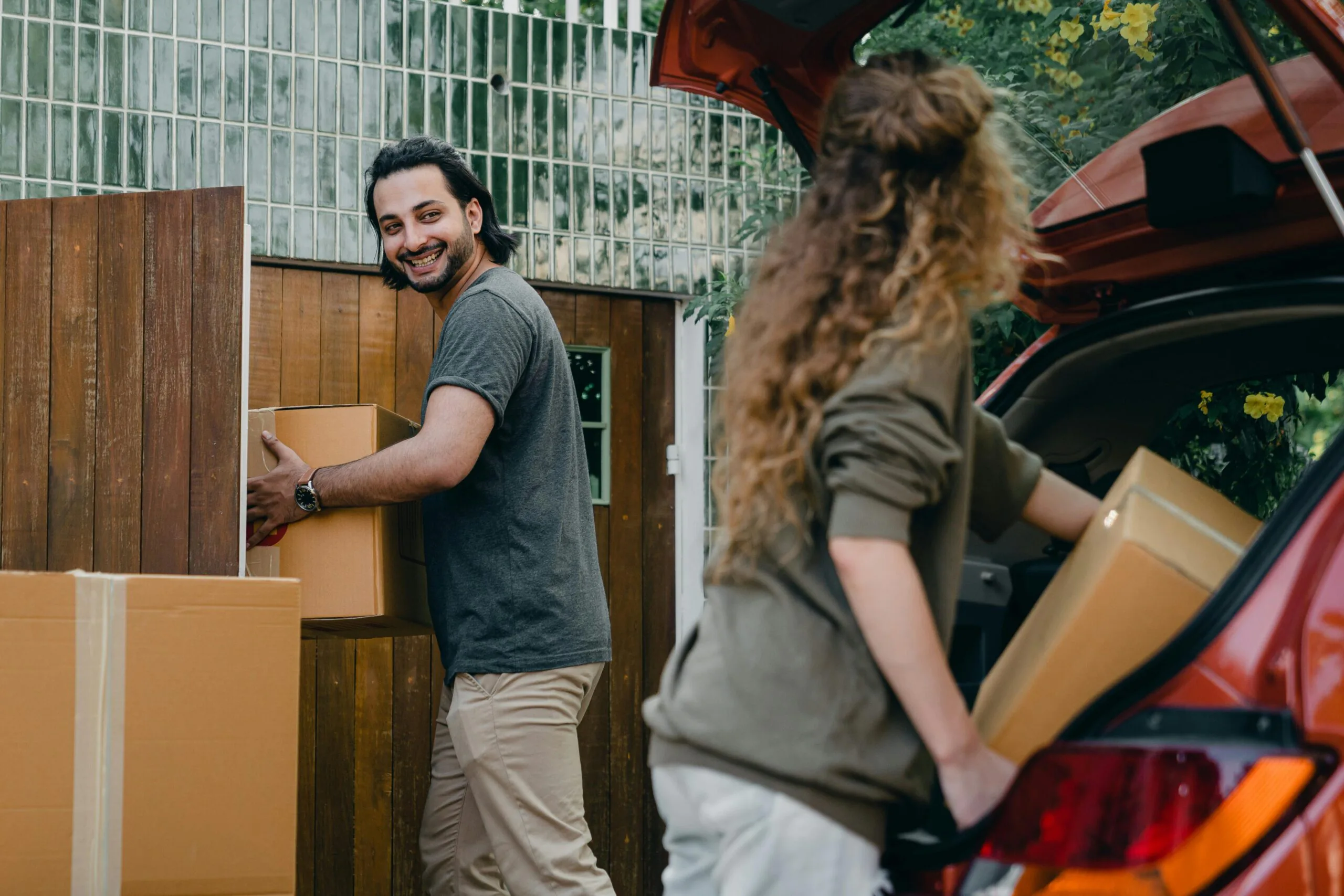We’re not all about buying and selling homes, we love our tenants and landlords too!
Whether it’s your first apartment, your first time living on your own, you like the carefree lifestyle and being able to move from place to place, or maybe you’re in between places and need a short-term (or long term) rental and like renting as an option to have less responsibility than owning a home and easy no-maintenance, we’ve got you covered! When you’re moving into a new apartment, we put together a few things to consider.
Here are some items to give you and your landlord peace of mind and to ensure a smooth rental experience. While this is specifically for moving into a rental property and having a landlord, some tips may apply to moving into a home that you own.
- Get renters insurance. Most landlords will require this along with a lease to protect your personal belongings and any liability.
- Reread your lease. You should be able to answer these questions via the lease
- How much rent is, and when it is due
- How much the security deposit is, when that is due, and when you should expect to get it back after you move out (Note – if over the age of 62, a landlord can only collect 1 months security)
- Lease terms such as move-in day/time and move-out time
- Contact information for your landlord or property management company
- Which utilities are your responsibility, and which utilities are the landlord’s responsibility (In CT, the landlord is responsible for paying for water, unless otherwise specified)
- Additional fees, such as a move-in/move-out fee, application fee, or parking fee, if applicable
- If you work with a Realtor, they can answer any questions about the lease and can act as a middle-man between you and the landlord, or you and the landlord’s Realtor
- Figure out how to pay your landlord rent, whether it’s through direct deposit, Venmo, Zelle, an online portal, cash, or a paper check. The first months rent will most likely be required on or before move-in day.
- Take pictures or videos of any damage you find prior to move in. Document with photos and send a copy to your landlord immediately so you are not held responsible for those damage upon move-out. This could be anything from scratches in the wall, chipping or peeling paint, nicks in the wall or floor, broken appliances, broken window screens, etc. You do not want to be held responsible for a prior tenant’s damage that could be deducted from your security deposit, so document, document, document!
- Once you move in, start cleaning. You never know who lived there before you, and apartments have higher turnarounds than homes that are being bought and sold. Your landlord may have hired a professional cleaner, but it’s always a good idea to do a quick cleaning before putting your things away
- Put all utilities in your name effective on your move-in date. This will ensure you will have heat, water, electricity. If you have oil heat, check with your landlord to make sure the tank is filled. You will likely be responsible for filling the oil tank to the same amount when you move out.
- If your apartment complex requires parking stickers for your car, make sure you have those before you move in.
- If you’re moving into a complex that has an HOA, your landlord may give you a copy of the by-laws, and it’s a good idea to read over the rules.
- Make a copy of your new keys if your landlord did not supply you with two copies
- Get to know your neighbors. If moving into a complex, this can be invaluable as they can provide information about the superintendent or HOA association, things that commonly occur in the complex, they may bring in or sign for your packages, and they might be able to keep an eye on your apartment or pet sit when you’re away. It’s always a good idea to be friendly with your neighbors.
- If you want to put your own touch on your rental, like hanging up pictures or TVs, speak with your landlord first before you put anything on the walls.
- Pack an “open first” box with the following:
- clean bedding and sheets
- clean towels
- a change of clothes
- toiletries
- toilet paper
- soap
- paper towels
- cleaning supplies
- scissors
- tools
- a phone charger
- garbage bags
Remember, a rental can be made in to a home, albeit temporarily or long-term, and we are so excited to help you find your path to home, so if you’re looking to rent short term, long term, or want to become a landlord and look for investment properties, we’re here to help!
Happy renting!



